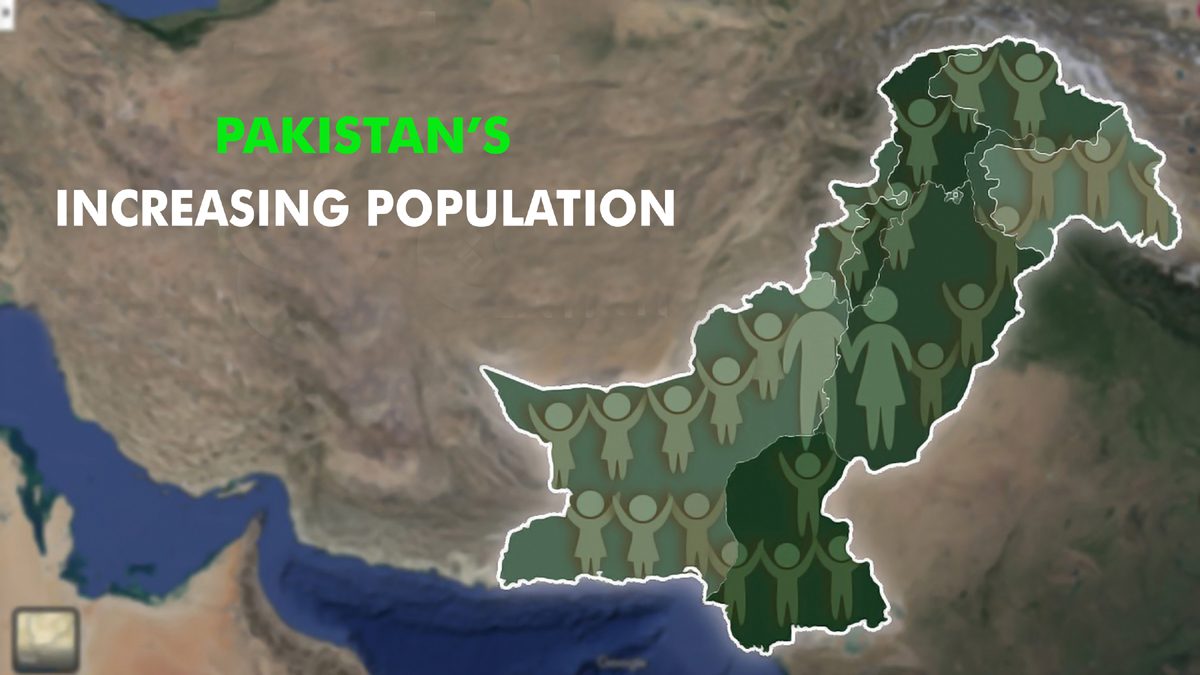MIRZA KASHIF BAIG
Pakistan, a country of over 220 million people, is grappling with a multitude of challenges in 2023. From political instability to an economic crisis, Pakistan is facing a turbulent period that requires careful navigation and strategic decision-making.
Pakistan’s political landscape has been marred by instability and turmoil in recent years. The Incident in May 2023, though swiftly controlled and the miscreants were speedily apprehended by the law enforcement agencies, the incident proved to be damaging to Pakistan’s image internationally.
Due to the efforts of the government did not result in any violence but the situation still to be taken care of as the political unrest could be created by external forces which are at work very actively. Any effort of division within the country has to be controlled efficiently.
Pakistan’s economic outlook apparently seems to bleak, with growth stalling and inflation soaring but the resolve of Pakistan is so strong that it can control every negative activity carried by internal or external forces..It is true, the country has been grappling with a severe shortfall of dollars, leading to a depreciation of the rupee and dwindling foreign currency reserves. This has made it challenging to import essential products, resulting in skyrocketing prices.
Inflation reached an alarming annual rate of 28.3%, causing significant hardships for the population. The World Bank has warned that the economic crisis could reverse the poverty gains achieved in the last two decades, exacerbating the plight of already vulnerable households. Moody’s, a ratings agency, has downgraded Pakistan’s credit rating, citing concerns about its ability to maintain debt payments. In spite of such challenges Pakistan shall overcome these forecasts as it has done in the past couple of times.
The government has been working with the IMF to resume a financing program that has been stalled since November 2022. However, with elections approaching and public discontent mounting, implementing the reforms necessary to improve the country’s fiscal position has become challenging. The rupee has hit record lows, and Pakistan government bonds have been trading at distressed prices, reflecting investor skepticism. Pakistan has been grappling with terrorism and security challenges for many years, and these issues continue to pose a threat to the country. The Pakistani Taliban, known as the TTP, have been emboldened by Taliban-ruled Afghanistan and have engaged in a series of attacks, mostly in the northwest region. The TTP’s sanctuary in Afghanistan has limited Pakistan’s options in effectively dealing with the group.
The Pakistani state’s negotiations with the TTP have repeatedly failed due to the group’s fundamental opposition to the existing Pakistani state and constitution. The deteriorating relations between Pakistan and the Afghan Taliban further complicate the situation, though there seems to be some change in Afghan government. While the Pakistani Taliban is not currently the biggest threat facing Pakistan, there are factors as well which are to be checked with iron hands.
Pakistan has also been grappling with infrastructure challenges, exacerbated by natural disasters such as devastating flooding. Last year, the country experienced catastrophic floods that submerged entire villages, killed thousands, and displaced millions of people. The flood waters have receded, but the recovery process has been slow and arduous.
Rebuilding lost infrastructure, including roads, schools, and other essential facilities, requires significant capacity, resources, and transparency. The Pakistani government has made efforts to bring awareness to the flooding catastrophe and secure financial assistance from the international community. A donors’ conference, co-hosted with the United Nations, raised pledges of more than $9 billion for flood recovery over the next three years. However, the road to sustainable recovery remains challenging, especially given Pakistan’s economic constraints.
Pakistan is currently grappling with a host of challenges that have significant implications for its future. Political instability, economic crisis, terrorism, infrastructure challenges, and others have all contributed to a complex and uncertain environment. Navigating these challenges will require strategic decision-making, effective governance, and international support.
The government’s ability to implement necessary reforms will be crucial in addressing the economic crisis. Additionally, addressing security challenges, particularly terrorism, will require concerted efforts to counter the influence of extremist groups. Rebuilding infrastructure and ensuring transparent and efficient recovery from natural disasters are also essential for the country’s long-term development. Pakistan’s journey to stability and prosperity is riddled with obstacles, but with effective leadership, cooperation, and national resolve, the country can overcome these challenges and pave the way for a brighter future.
The author is Editor of Monthly Interaction.


